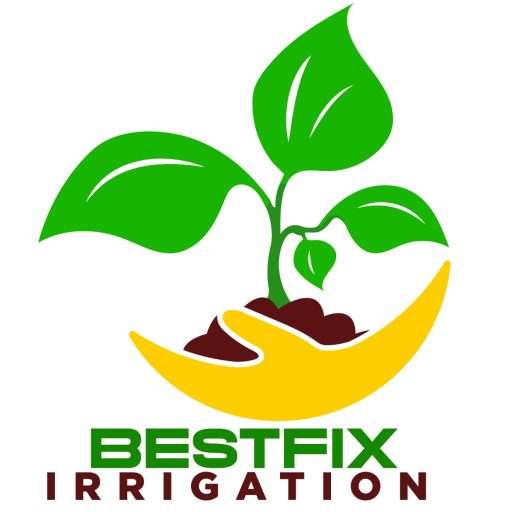Categories
Recent Posts
- Types of Sprinklers Used in Irrigation Systems
- How to Build an Effective Sprinkler Irrigation System with Bestfix Irrigation Enterprise
- Complete Drip Irrigation Price Guide in Kenya (2026 Updated)
- HDPE vs PVC Pipes for Irrigation: Which One Is Better for Drip Systems?
- Drip Irrigation Explained: How It Works, Costs & Why Farmers Are Switching in 2026

Modern Irrigation Systems: Revolutionizing Agriculture for a Sustainable Future
Introduction: The face of agriculture has undergone a profound transformation in recent years, thanks to the advent of modern irrigation systems. As the global population continues to grow and climate patterns become increasingly unpredictable, the need for efficient and sustainable farming practices has never been more critical. In this article, we’ll explore how modern irrigation systems have become a linchpin in revolutionizing agriculture, ushering in a new era of productivity and environmental stewardship.
1. Precision Water Management: Traditional irrigation methods often resulted in water wastage, inefficient distribution, and overwatering. Modern irrigation systems, such as drip and smart irrigation, enable farmers to precisely control the amount of water delivered to crops. This not only conserves water resources but also ensures that each plant receives the optimal amount of moisture for growth, leading to increased crop yields.
2. Resource Efficiency: Modern irrigation systems are designed with resource efficiency in mind. By incorporating technologies like soil moisture sensors and weather data analysis, these systems can adjust water delivery based on real-time conditions. This not only conserves water but also optimizes the use of other resources like energy and fertilizers, making agriculture more sustainable.
3. Automation and Remote Monitoring: The integration of automation and remote monitoring technologies has been a game-changer in modern agriculture. Farmers can now remotely control and monitor irrigation systems, adjusting settings and schedules with the click of a button. This not only saves time but also allows for more precise and responsive water management.
4. Adaptation to Climate Change: As climate change brings about more frequent and unpredictable weather events, modern irrigation systems provide a level of adaptability crucial for agricultural success. Farmers can proactively manage water resources in response to changing climate conditions, ensuring resilience in the face of extreme weather events like droughts or heavy rainfall.
5. Sustainable Practices: Modern irrigation systems contribute to sustainable farming practices by minimizing environmental impact. The reduction in water and chemical usage not only conserves natural resources but also mitigates the runoff of fertilizers and pesticides into water bodies, promoting soil health and biodiversity.
6. Increased Crop Diversification: The precision and adaptability offered by modern irrigation systems empower farmers to explore a wider range of crops. This has led to increased crop diversification, allowing farmers to respond to market demands, reduce dependency on a single crop, and enhance overall agricultural resilience.
Conclusion: In conclusion, modern irrigation systems represent a paradigm shift in agriculture, offering a holistic approach to water management and sustainable farming practices. As farmers worldwide embrace these technologies, they not only increase their productivity and profitability but also contribute to a more sustainable and resilient agricultural sector. The revolution sparked by modern irrigation systems is not just about growing crops; it’s about cultivating a future where agriculture thrives in harmony with the environment.

